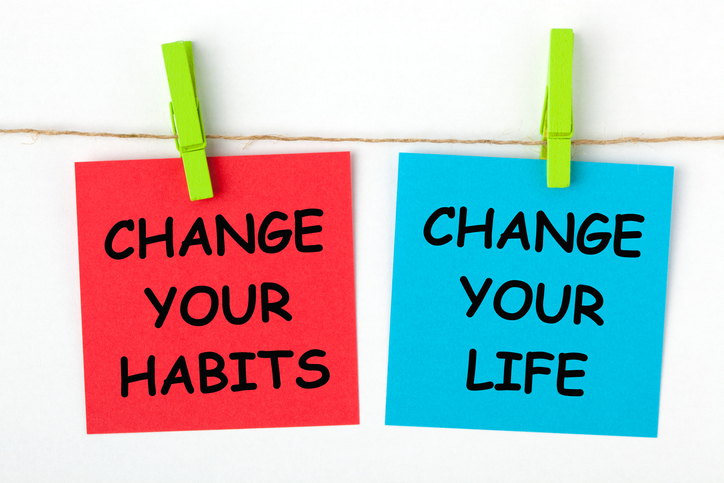For those who want to enter the grave in a well preserved body and have no raconteur stories to tell in the afterlife. Not me.
Part of my Hunter S. Thompson journey;
“Life
should not be a journey to the grave with the intention of arriving
safely in a pretty and well preserved body, but rather to skid in
broadside in a cloud of smoke, thoroughly used up, totally worn out, and
loudly proclaiming "Wow! What a Ride!”
Five healthy habits net more healthy years

What did this research focus on?
Researchers from the Harvard T.H. Chan School of Public Health looked at data from more than 73,000 women enrolled in the Nurses’ Health Study (NHS) who were followed for 34 years, and more than 38,000 men enrolled in the Health Professionals Follow-up Study (HPFS) who were followed for 28 years.In a previous study using the same data, these researchers had found that five low-risk lifestyle habits are critical for a longer life expectancy. The more of these habits people had, the longer they lived. The habits were:
- a healthy diet, which was calculated and rated based on reports of regularly eating healthy foods like vegetables, fruits, nuts, whole grains, healthy fats, and omega-3 fatty acids, and avoiding less healthy or unhealthy foods like red and processed meats, sugar-sweetened beverages, trans fat, and excess sodium
- a healthy physical activity level, measured as at least 30 minutes a day of moderate to vigorous activity, like brisk walking
- a healthy body weight, defined as a normal body mass index (BMI), which is between 18.5 and 24.9
- never smoking, because there is no healthy amount of smoking
- low-risk alcohol intake, measured as between 5 and 15 grams per day for women, and 5 to 30 grams per day for men. Generally, one drink contains about 14 grams of pure alcohol. That’s 12 ounces of regular beer, 5 ounces of wine, or 1.5 ounces of distilled spirits.
Are those extra years healthy?
In this new study, researchers wanted to know if those extra years were also healthy years. Participants were asked in follow-up questionnaires if they had developed medical problems like type 2 diabetes, cardiovascular disease (heart disease and strokes), or cancer. The answers were verified by a review of medical records.The study found that having at least four of the five healthy habits gave people significant protection against developing any of these illnesses: on average about a decade more of life free of these diseases.
Why is that important? These chronic diseases are associated with illness, hospitalizations, and even needing nursing home care. Diabetes, for example, can lead to disabling conditions, including blindness, amputations, and kidney failure requiring dialysis. The top 10 diagnoses resulting in nursing home care include strokes, heart disease, and obesity, according to the National Association of Health Data Organizations. These conditions are strongly associated with diet and lifestyle.
Steps for a longer, healthier life
If you’re approaching middle age, you can take steps to enjoy a longer and healthier life, one with a lower chance of becoming disabled or ending up in a nursing home:- Eat mostly plants, most of the time. That means fruits, vegetables, beans and lentils, nuts and seeds, and whole grains. Avoid eating fast or fried foods, sweets and sugary beverages, and red and processed meats (like cold cuts) as much as possible.
- Move your body every day as much as you can. Walking for 30 minutes a day (15 in the morning, 15 in the evening, maybe?) would give you the benefits these researchers found. But even as little as 10 minutes of movement per week has been shown to have health benefits.
- Do the best you can to get to a healthy weight. And remember, even a little bit of weight loss, just a few pounds, is associated with real, positive health outcomes, like a lower risk of diabetes in people at risk.
- Quit smoking — or vaping! Though this particular study looked at never having smoked, we know that there are significant health benefits to quitting at any time. It’s never too late to quit and enjoy a healthier life.
- If you drink any alcohol, keep the recommended limits in mind: one drink per day max for women, two drinks per day max for men.
No comments:
Post a Comment